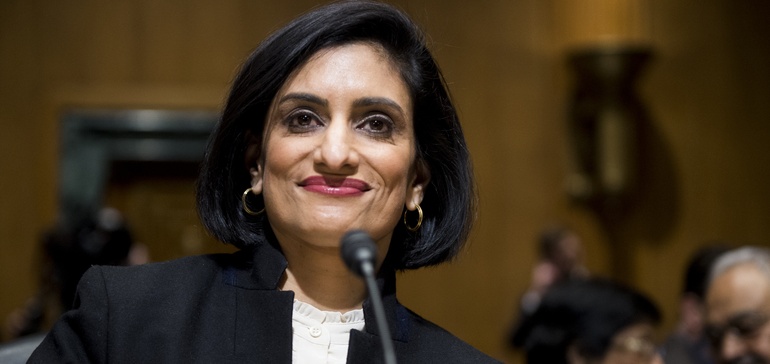
Dive Brief:
- CMS on Monday approved Utah’s request to expand Medicaid to the full extent allowed under the Affordable Care Act, or to adults with incomes up to 138% of the federal poverty level. The expanded program will provide coverage to about 120,000 newly eligible adults starting on Jan. 1, 2020.
- The plan, which also includes a controversial work requirement, replaces an earlier plan that expanded Medicaid to adults with incomes up to 100% of the federal poverty level.
- CMS did not approve other elements in Utah’s expansion request such as allowing the state to charge premiums to adults with incomes above 100% of the federal poverty level, providing housing supports, locking people out of the program for intentional program violations, or a $ 10 surcharge for each visit to an emergency department for a non-acute problem.
Dive Insight:
Voters in Utah, a predominately red state, approved Medicaid expansion in a referendum, Proposition 3, during the 2018 midterm elections. However, Utah legislators passed a bill directing the Utah Department of Health to request approval from CMS for a scaled-back program expanding Medicaid to 100% of the poverty level. CMS approved the first request with federal matching funds of 70% of the cost of the expanded program — not the 90% matching rate corresponding to a full-scale expansion of Medicaid. In response, Utah submitted the updated request in November.
In the approval issued Monday, CMS also granted Utah’s request to provide dental benefits to Medicaid recipients who are 65 or older as well as coverage for dental crowns for elderly Medicaid recipients as well as those who are receiving treatment for substance abuse.
The work requirement in Utah’s expansion program requires Medicaid recipients to complete an online job assessment, online training programs and 48 job searches within the first three months of enrollment in the program.
Utah exempts Medicaid beneficiaries from the work requirements if they are older than 60, pregnant, caring for young children, are already working at least 30 hours per week, or other reasons. In all, state officials expect 70% of Medicaid beneficiaries to be exempt from the work requirements, which Utah refers to as community engagement requirements.
Utah also requires eligible Medicaid recipients to enroll in employer-sponsored health insurance if it is available to them, with Medicaid picking up the tab for premiums and other out-of-pocket expenses.
The Trump administration has approved work requirements in 10 states including Utah, saying the policies help low-income Americans escape poverty. Critics warn that work requirements end up denying access to healthcare services for vulnerable citizens. In fact, Utah officials estimate that 6,000 to 8,000 Medicaid beneficiaries will not comply with the state’s work requirements.
Federal judges have struck down work requirements in New Hampshire, Kentucky and Arkansas, and the U.S. Court of Appeals is expected to issue a ruling on the cases soon.
